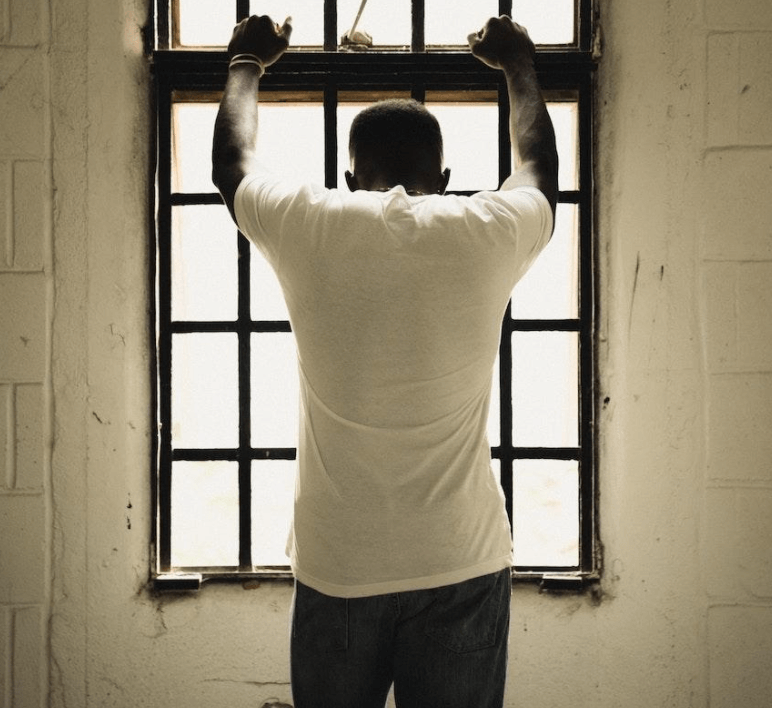In most criminal cases, you can choose to bond out of jail before you see the judge. However, this is not the case for domestic violence arrests in Florida. Those charged with domestic violence-related crimes will not be able to bond out immediately after their arrest. Instead, you will need to wait until you have your first appearance, also called your advisory hearing with the judge. You will discuss the bond at the first appearance. In most cases, the court schedules the hearing for 24 hours after the arrest.
As soon as you are arrested, we recommend contacting a lawyer. Attorney Mark Solomon, P.A, can attend your hearings with you. He will ask that the judge overseeing your case release you or set a reasonable bond so you can leave jail as soon as possible. At the first appearance, there are several things you should expect:
- The prosecutor will investigate your criminal history before the hearing to see if you have any prior domestic violence-related charges or other criminal charges on record. The prosecutor will present this information to the judge at your first appearance
- When possible, your lawyer will be able to argue that the police lacked probable cause to arrest you for domestic violence. Your lawyer may be able to ask the court to release you or set a reasonable pain so you can pay it and get out of jail
- The judge will advise you of all of the criminal charges you are facing
At a first appearance, the judge overseeing your case will consider multiple factors to determine whether to release you on bond, including:
- The gravity of the domestic violence offense
- Your criminal history
- The safety of the alleged victim
- Your ties to the community
- Any other relevant information when determining your bond
- Anything your family or employer may have to say on your behalf
The Judge Will Set the Terms for Pretrial Release
After analyzing these factors, the judge will determine and set the conditions for your pretrial release. With domestic violence cases, most judges will issue a no-contact order. This order will prohibit you from contacting the alleged victim. If you violate the no-contact order while awaiting your next hearing, you will face a new criminal charge, and you could go to jail.
Keep in mind that no-contact orders are separate from any injunctions against you that the alleged victim may have sought. Both types of orders prohibit contact between the alleged victim and the defendant. However, no-contact orders are part of a criminal proceeding and usually dissolve when the case concludes. On the other hand, orders of protection are handled by civil courts and can last for much longer periods of time. The alleged victim can have the protective order renewed before it expires. Whether you are facing an order of protection or a no-contact order due to a criminal charge of domestic violence, it is wise to discuss your case with an experienced lawyer.
Step Two: The Arraignment
The next step in the process will be the arraignment. At your arraignment, you will enter a plea of guilty, not guilty, or no contest. In most cases, your lawyer will recommend that you enter a plea of not guilty, so they have time to investigate your case and create your legal defense. You may not have to attend the arraignment because we can probably handle the plea on your behalf. We will let you know for sure when we discuss your case with you.
Step Three: Pre-Trial
After the arraignment, you will move to the pretrial process. The pre-trial process will look different depending on the unique facts of your case. For example, if your best legal option is to engage in a plea deal, we will begin negotiating aggressively with the prosecution. We may present evidence to the prosecutor showing the weaknesses of their case. We may be able to ask the alleged victim if they would like to drop the charges. The alleged victim may agree to file a drop-charge affidavit that could influence the prosecutor’s decision to stop the prosecution.
We may advise that you undergo counseling, substance abuse, or anger management classes to show the court that you are taking responsibility for your actions. If this is your first offense, the prosecution may allow you to enter a pretrial intervention program where you fulfill a certain set of requirements. After you are finished, the state will dismiss your charges.
In other cases, we may simply gather evidence supporting your defense. Suppose you do not accept a plea bargain and the prosecutor does not dismiss the charges against you. In that case, your case will go to trial. Attorney Mark Solomon, P.A, has trial experience and will aggressively represent you in court.
Discuss Your Case With an Experienced Florida Lawyer
The sooner you discuss your domestic violence charges with a lawyer, the better. It is advantageous for you to have a lawyer representing you at your domestic violence hearing. Contact attorney Mark Solomon, P.A today to schedule your initial consultation.


Being convicted of a domestic violence charge could also affect your employment, Thank you for making this such an awesome post!
Those charged with domestic violence-related crimes will not be able to bond out immediately after their arrest. Thank you for making this such an awesome post!
This article made me think deeply about how delicate and complicated domestic situations can be when they escalate legally. I was particularly struck by how a no-contact order can disrupt everyday life, especially when the parties share children or a home. It’s clear that domestic assault charges aren’t just legal matters—they’re emotional and social crises too. You highlighted how early legal advice is crucial, but what about after the case ends? Are there any long-term legal or social effects people should prepare for even if they’re acquitted?